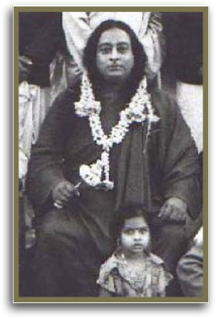



Mar Saba Monastery
Spiritual-teaching.org
"O Thou who hears the cries of the world, come to us!"
"Pray, Hope
and don't Worry!"
Saint Padre Pio
“Charity: The Killer of Snakes in the Garden of Anger ”
from Moses to the Desert Fathers, Charity reigns supreme as the slayer of anger and indignation.
For one‘s Spirit to see it’s own light, we must abide within a ‘standing still of the mind’ (apatheia).
The God-parents of this apatheia are charity and love (agape).
This agape is the highest form of love, that exists in the state of tranquility, the stillness of mental activity,
that consumes the sensual imaginations that give birth to sadness.
This is the highest form of charity, far above kindness and compassion toward others.
For here we are clothing our souls with charity from on high.
“By means of sensations passions are naturally aroused: if both charity and self-control are present they will not be aroused; but if absent, they will be aroused. Indignation requires more remedies than desire, and because of this, charity is called “great” (1 Cor. 13:13), because it bridles indignation; and therefore Holy Moses in his natural science symbolically names it “snake-fighter” (Lev. 11:22).”
“Whether it is ideas which incite passions or passions which incite ideas is a matter which needs attention. Some have held the first view, others the second. Evagrius concludes that the passions are stirred up by the senses, and that only charity and self-control can ensure that they remain dormant. Note that the Saint’s wisdom declares that the passions are only rendered dormant, not annihilated.”
Evagrius, like all of the Saints of the East, declare: “The demons that preside over the passions of the soul go on until we die; those which preside over the passions of the body leave sooner. Other demons are like the rising or setting sun and affect only one part of the soul; but the noonday demon generally enfolds the whole soul and suffocates the mind. This is why the withdrawn life is pleasant after we have cleared out the passions; then our memories are merely memories, and the point of the ascetics struggle then is not to make him ready to do battle, but to enable him to contemplate the struggle itself.”
The acute insight of Evagrius, like his predecessor Anthony the Great, is an unsullied stream of thought, free from anguish or turbidity. He strips away any illusion we might have declaring that sadness is an emotion founded on the loss of affection. For him, and those who have transcended the vagaries and limitations of a mind obsessed by unreality, an enlightened declaration is revealed to us: “Sadness is the deprivation of sensible pleasures.”


